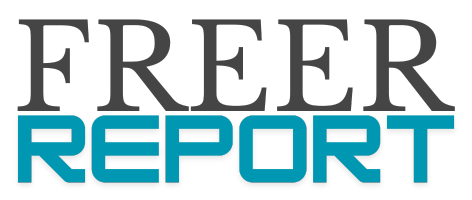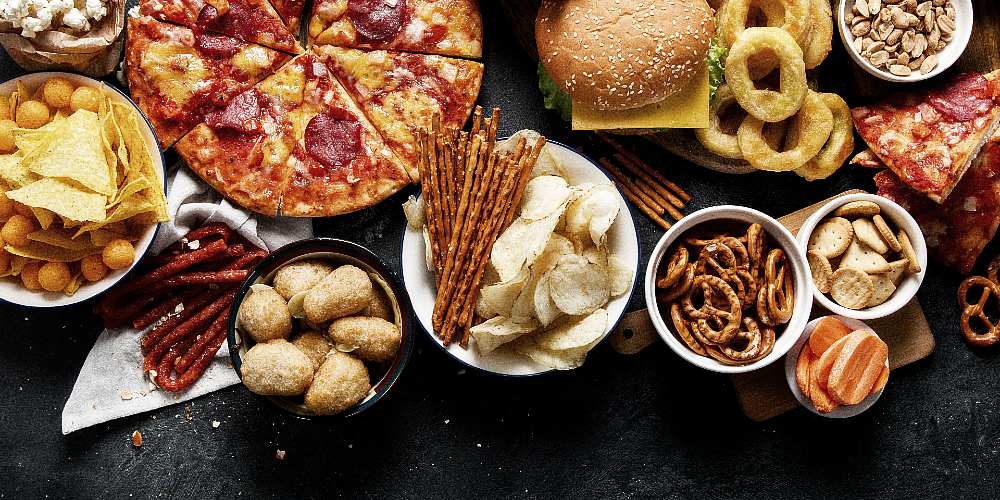(Natural News)—The committee that handles the nutritional guidelines issued by the United States Department of Agriculture (USDA) previewed its new guidance this week during an internal Zoom call, and the internet is exploding with outrage over what the draft guidance states.
New York Times bestselling author Calley Means tweeted that he was “floored” after seeing what the committee’s “core principle” entails: “REDUCING focus on chronic disease reduction.”
In other words, the people who create the USDA’s nutritional guidelines for America are urging the federal agency to stop focusing on reducing chronic disease through diet. It turns out that the committee’s members are being paid off by pharmaceutical giants Novo Nordisk, Eli Lilly and Abbott, as well as junk food giant Mars.
“This must be disbanded,” Means tweeted, along with the following screenshot of one of the Zoom call slides:
I’m floored.
The USDA Nutrition Guidelines Committee previewed their new guidance today on an internal zoom.
A CORE principle is “REDUCING focus on chronic disease reduction.”
Committee members are paid by Novo Nordisk, Eli Lilly, Abbott, and Mars.
This must be disbanded. pic.twitter.com/LTWcxpaHhO
— Calley Means (@calleymeans) October 23, 2024
(Related: Did you know that Sen. Ron Johnson [R-Wisc.] recently held a roundtable discussion at which he urged the Senate to rethink nutritional guidance and distrust almost every institution due to systemic corruption?)
“Healthspan” is the newspeak government is using to manipulate public perception of healthy eating
One of the committee’s members, Dr. Fatima Cody Stanford, is in charge of putting together the USDA’s nutritional guidelines for children. Watch below as Dr. Stanford, an obesity doctor at Mass General Hospital, tells 60 Minutes that the true cause of obesity is “brain disease:”
“It’s a brain disease.”
Dr. Fatima Cody Stanford, an obesity doctor at Mass General Hospital, says that obesity has little to do with willpower and is determined by what a person’s brain thinks their body needs. https://t.co/K2U70bkIKw pic.twitter.com/Oyd8vkJViZ
— 60 Minutes (@60Minutes) January 2, 2023
“If obesity is mostly genetic … then why the massive growth in obesity over the last 25 years?” someone asked on X / Twitter, making a very good point about Dr. Stanford’s nonsensical claim.
“No. It’s industrialized toxic oils used to dilute and replace naturally healthy oils and fats by Big Food to make their products cheaper,” responded another.
Means also shared this link from the USDA containing the disclosures of who pays the USDA committee to make its recommendations. You will notice that all sorts of major hospitals, medical organizations, pharmaceutical companies, junk food conglomerates and academia is paying the USDA to make dietary recommendations that suit their respective industries.
“I’m astonished to learn that there was any focus on chronic disease reduction to begin with!” tweeted another person, shocked at these revelations.
Others noted that there is simply no money in being healthy. Prevention is good for individuals and society, but it is bad for Big Business, which relies on ever-growing profit streams that typically involve corruption and fraud to make happen.
“Insane we have a chronic illness epidemic and they want to reduce focus instead of fixing it,” tweeted another on X / Twitter. “Time to clean house and bring in medical and health professionals who know how to reduce chronic disease.”
“They are changing the jargon,” wrote another. “Lifespan is quality of health over time. One definition of many: ‘Healthspan refers to the period of time in a person’s life when they are healthy and free from chronic disease or disability.'”
“You can’t improve healthspan if you don’t focus on chronic disease risk reduction. Their guideline is a contradiction.”
More related news coverage can be found at JunkFood.news.
Sources for this article include:



